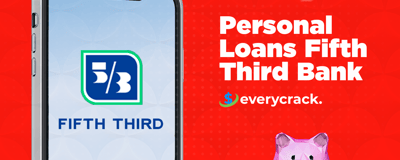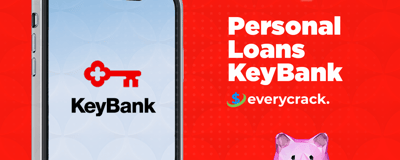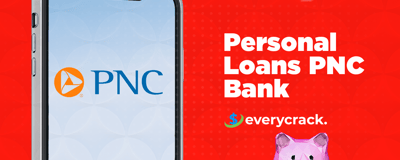Unsecured loans are an essential aspect of personal finance, providing borrowers with the necessary funds without requiring collateral. These loans come with various features and conditions that merit thorough understanding.
While unsecured loans can offer certain benefits, they also have potential drawbacks that borrowers should consider before taking the plunge. This guide aims to provide clarity on unsecured loans' advantages, disadvantages, and qualification processes.
What Are Unsecured Loans?

Unsecured loans are types of financing that do not require the borrower to put up any collateral to secure the loan. Instead, these loans are given based on an individual's creditworthiness, income, and financial history. Since they involve a higher element of risk for lenders, interest rates may often be higher than those associated with secured loans.
Common uses for unsecured loans include consolidating debt, covering emergency expenses, and financing large purchases. These loans typically come with fixed terms and must be repaid within a specific period, making them a popular choice for borrowers who prefer not to risk their assets.
Common Examples of Unsecured Loans

There are various forms of unsecured loans that borrowers can consider. Some of the most common examples include personal loans, student loans, and credit cards. Each of these options comes with its specific terms, interest rates, and repayment schedules, allowing borrowers to choose the best fit for their needs.
Personal loans are generally obtainable from banks, credit unions, or online lenders, and can be used for any purpose. Student loans cater specifically to financing educational expenses, while credit cards allow borrowers to make purchases on credit up to a set limit. Understanding these different types helps in making informed financial decisions.
How Unsecured Loans Work

Unsecured loans function primarily based on the borrower's creditworthiness and financial profile. Since no collateral is involved, lenders consider the applicant's credit score, income, and debt-to-income ratio to determine eligibility and interest rates. Generally, a higher credit score and a stable income improve the chances of getting a favorable loan.
Once approved, borrowers receive a lump sum amount, which they repay in installments while incurring interest. The repayment terms vary based on the lender and the amount borrowed, often ranging from months to several years.
Since unsecured loans are often unregulated, it’s essential for borrowers to shop around to find the best rates and terms. They should compare offerings from multiple lenders to ensure they are making a sound financial decision.
- No collateral required
- Typically higher interest rates than secured loans
- Quick access to funds
- Flexible usage of funds
Due to the lack of collateral, however, defaulting on an unsecured loan can result in severe consequences, such as damage to credit scores and potential legal action from the lender.
Pros of Unsecured Loans

One significant advantage of unsecured loans is that they do not require any assets to be pledged as collateral. This means that borrowers do not risk losing valuable items like their home or car if they fail to repay the loan. For many individuals, this feature makes unsecured loans an attractive option during financial emergencies or when cash flow is tight.
Additionally, unsecured loans provide flexibility in their usage. Borrowers can use these funds for a variety of purposes, such as consolidating debts, paying for unexpected medical expenses, or funding a large purchase. This makes them a valuable financial tool for many.
- No risk of losing collateral
- Flexibility in funding usage
- Quick approval process
- Easy application procedures
However, borrowers should always assess their ability to repay before taking on any debt, ensuring that the loan serves a beneficial purpose in their financial strategy.
Cons of Unsecured Loans
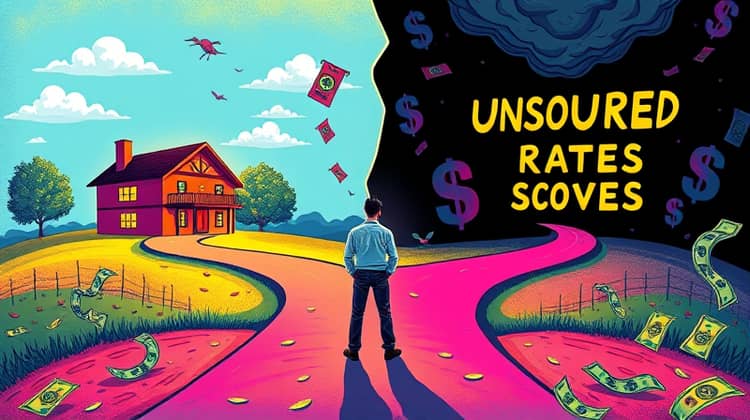
While unsecured loans have their advantages, they also come with significant drawbacks that potential borrowers should consider. One of the primary disadvantages is the higher interest rates typically charged for unsecured loans compared to secured loans. Lenders charge more because they are taking on additional risk by providing loans without collateral, which can lead to increased costs for borrowers.
Another con is that obtaining an unsecured loan can be more difficult for individuals with poor credit history or low income. Lenders may impose stricter eligibility requirements, making it challenging for some to access the funds they need. This situation can lead to immediate borrowing challenges and might necessitate seeking alternative financing options.
- Higher interest rates
- Potential for stricter eligibility requirements
- Risk of overspending due to easy access to credit
- Potential for long-term debt
Ultimately, understanding these cons can help individuals make informed choices when considering unsecured loans.
Secured Vs. Unsecured Loans

Secured loans require the borrower to provide collateral as a guarantee for repayment, adding an element of security for the lender. This collateral can include properties or vehicles, which can be seized by the lender in case of default. Because of this reduced risk, secured loans often come with lower interest rates and more favorable repayment terms.
In contrast, unsecured loans do not need any collateral, which significantly increases the lender's risk. As mentioned earlier, this often results in higher interest rates for borrowers. Furthermore, unsecured loans can have a wider range of purposes, as they are not limited to specific needs like purchasing homes or vehicles, often necessary with secured loans.
When deciding between secured and unsecured loans, borrowers should weigh the benefits of each. If one has valuables to put at risk, a secured loan might be cheaper in the long run. However, if risking assets is not feasible, the flexibility of unsecured loans may provide a better option.
Ultimately, the decision will depend on the individual's financial situation and goals. It's essential for borrowers to carefully assess their circumstances and evaluate which type of loan aligns best with their financial strategy.
Factors to Consider When Getting Unsecured Loans
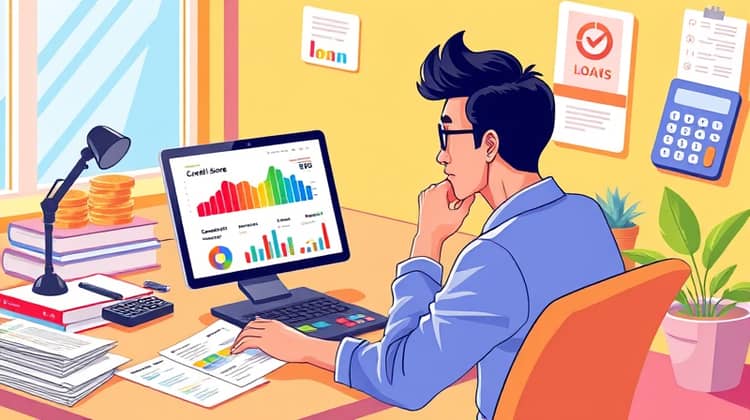
Before applying for an unsecured loan, potential borrowers should consider several factors that may influence their decision. For starters, one must evaluate their credit score, as this will be a primary determinant of loan eligibility and interest rates. A poor credit score can significantly limit options and may also lead lenders to charge higher rates, which can make loans more expensive in the long run.
Another important consideration is the loan’s overall cost. Beyond interest rates, borrowers should take into account any associated fees, such as application fees, origination fees, or prepayment penalties that could affect the total loan amount.
- Assess your credit score.
- Evaluate your income and debt-to-income ratio.
- Compare different lenders' offers.
- Calculate the total cost of the loan including interest and fees.
By taking these factors into account, borrowers can make informed decisions and choose loan options that best suit their financial needs.
How to Qualify for an Unsecured Loan

Qualifying for an unsecured loan typically involves a straightforward process, but lenders require specific information from borrowers. They will assess your credit score, income, existing debts, and overall financial health to determine your eligibility and potential interest rates. Being prepared with documentation depicting your creditworthiness will increase your chances of approval.
- Check your credit report for errors.
- Improve your credit score if necessary.
- Gather financial documents, including tax returns and pay stubs.
- Research different lenders to understand their requirements.
By following these steps and understanding lenders' criteria, borrowers can enhance their likelihood of receiving approval for unsecured loans. It’s vital to prepare adequately and compare options to find the best deal that meets financial needs. Additionally, being responsible with borrowed funds contributes to long-term financial health.



